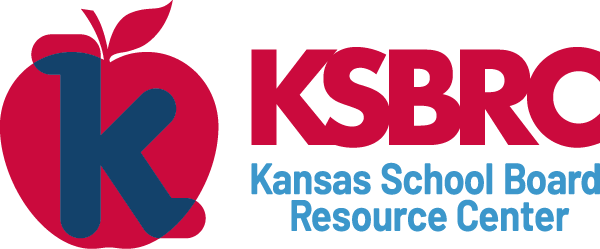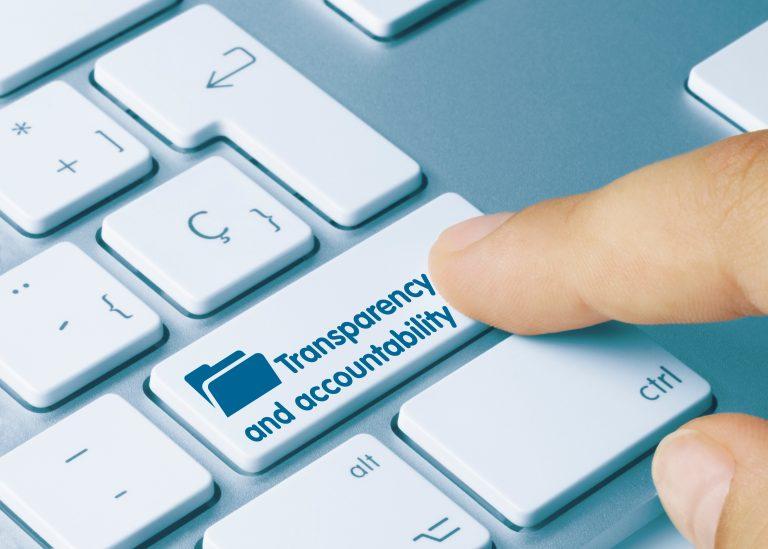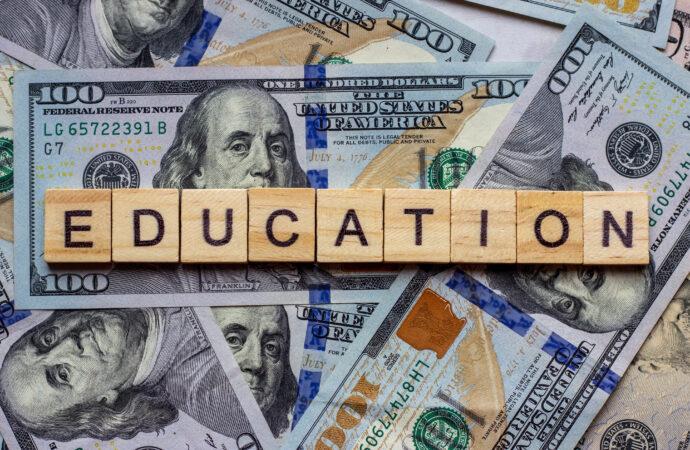The latest social media video from the Kansas Association of School Boards (KASB) weaves a similar tale to The Emperor’s New Clothes. In Hans Christian Andersen’s fable, two swindlers arrive at the capital city of an emperor who spends lavishly on clothing at the expense of everything else. Posing as weavers, they offer to supply him with magnificent clothes that are invisible to those who are stupid or incompetent.
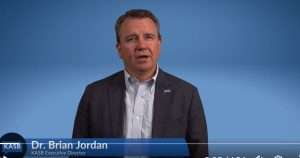
The KASB video proclaims that Kansas has some of the highest achievement results in the nation, even though spending is below the national average. And if you don’t believe what they are selling, you will be branded as anti-public education kid-haters on social media.
It opens with KASB Executive Director Dr. Brian Jordan proclaiming, “At KASB, we believe that a bright future for Kansas begins in our public schools.” A bright future should begin in public schools, but while many students succeed, it is not a bright future for far too many students.
Preliminary 2023 state assessment results show that more 8th-grade and 10th-grade students are below grade level in math than are proficient. Twice as many 10th-grade students (45%) are below grade level as are proficient (22%).

The results in English Language Arts are even worse. More students are below grade level than are proficient in grades 6, 7, 8, and 10.
Covering up these unfortunate facts is a disservice to the many Kansas students destined for a lifetime of challenges by a public school system that willfully ignores state laws designed to improve outcomes.
The alleged #13 ranking by KASB is more like the bottom third of the nation
KASB Associate Executive Director of Educational Advocacy Mark Tallman declares Kansas is “ranked 13th nationally on an analysis of 16 educational measures.” If only that were so…now or ever.
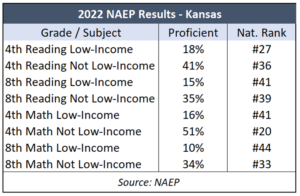
The state’s best ranking on the latest National Assessment of Educational Progress (NAEP) is #20. Reading proficiency for low-income 4th-graders is #27 (at just 18% proficient), and all the other rankings are in the 30s and 40s.
So how does KASB twist these numbers into a high national ranking? By cooking the books. Its methodology counts things that are not measures of academic preparation, like high school graduation and drop-out rates and post-secondary education enrollment, which collectively account for two-thirds of the points in the overall ranking. And some of the achievement outcomes they use count some students twice.
ACT doesn’t publish results for income-based demographics, but their race-based results for White, Hispanic, and Black students are each in the mid-30s.
Low results despite high spending
Tallman also says Kansas spends less than the national average, but the state’s low cost of living drives that deception.
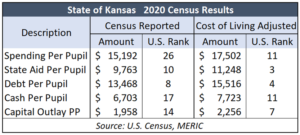
A dollar spent in Kansas buys a lot more than a dollar in New York or California, so you have to adjust for the cost of living to compare spending power with other states. Using the Missouri Economic Research and Information Center (MERIC) cost of living index and the most recent available 2020 school year, Kansas had the 11th-highest spending per pupil, at $17,502. The national average was $16,171. Kansas has the 3rd-highest state aid at $11,248 per pupil and more than 49% above the national average.
Diplomas are just attendance certificates for some students
The KASB video proclaims that the high school graduation rate is about 90%, but that charade results from giving diplomas to some students who cannot read or do math at grade level. The evidence is in the state assessment results earlier.
Almost half of 10th-graders are below grade level in math, and about a third in English Language Arts. We know that achievement doesn’t improve as kids move through school – just look at the proficiency declines from 3rd grade to 10th grade.
This harsh reality was voiced at a meeting of the Public Policy & Advocacy Committee of the Overland Park Chamber of Commerce in 2019. Several committee members expressed strong disagreement about students getting a diploma even though they are below grade level. One member questioned the speaker’s motives and stormed out of the room. But the two school superintendents in attendance said nothing. Olathe Superintendent John Allison and Shawnee Mission Superintendent Michael Fulton offered no rebuttal, as they couldn’t dispute the state assessment results.
Parents can’t count on school districts to fix low achievement
The KASB video is by no means an isolated incident; it is symptomatic of disregard for academic preparation throughout the public education system.
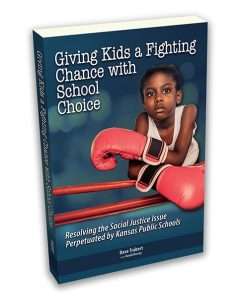
A book we published last year documents one story after another of education officials consciously deceiving parents and legislators, de-emphasizing academic preparation, and ignoring state laws designed to improve outcomes. The system exists to sustain the system and the administrators who work in it. It’s OK if kids get a good education, but not if it means adult behaviors have to change.
The only question is when the Legislature will have had enough of the excuses and of being targeted as the bad guys, and step in to give kids a fighting chance. This documentary tells how the Florida Legislature implemented a package of reforms that propelled students from being among the worst achievers in the nation to some of the best.
Legislators are well aware that KASB and the rest of the Kansas public education system refuses to address the student achievement crisis. Low achievement will persist and continued to be covered up by the system until enough legislators admit that publicly and stand up for students.
